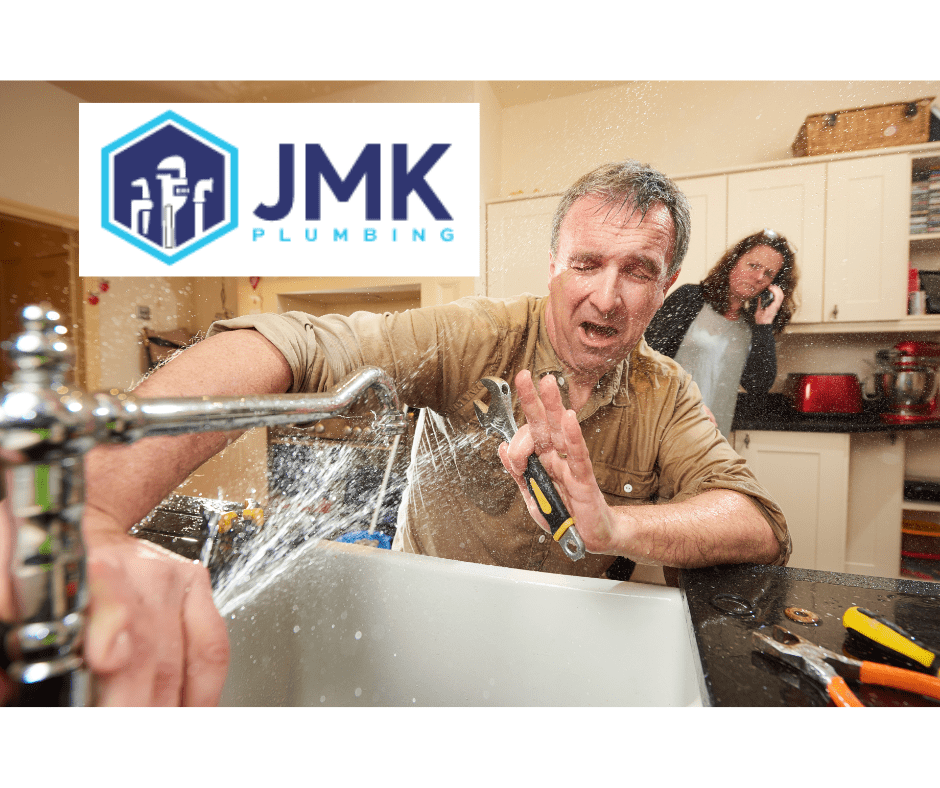The Essential Plumbing Maintenance Your Home Deserves

Plumbing maintenance is like the unsung hero of homeownership. While it may not be as glamorous as a kitchen renovation or as exciting as a backyard makeover, it is undeniably one of the most crucial aspects of maintaining a comfortable and functional home. Neglecting plumbing maintenance can lead to costly repairs and inconvenience down the line. In this blog post, we’ll explore the most important plumbing maintenance tasks you can do for your home to keep everything flowing smoothly.
-
Regularly Inspect for Leaks
Water leaks can be insidious, causing hidden damage to your home and increasing your water bill. It’s essential to regularly inspect for leaks in your plumbing system. Check faucets, pipes under sinks, and around your water heater. Look for signs of water stains, mold, or musty odors, as these can indicate hidden leaks. Address any leaks promptly to prevent further damage and wastage.
-
Clean Your Drains
Clogged drains are a common plumbing issue that can lead to slow drainage, backups, and even pipe damage. Preventive maintenance is key here. Use drain screens to catch hair and debris, and avoid pouring grease, coffee grounds, or food scraps down your drains. Regularly clean your drains using a mixture of baking soda and vinegar or a commercial drain cleaner to keep them clear.
-
Test Your Water Pressure
Low water pressure can be frustrating and may indicate a problem in your plumbing system. Test your water pressure by turning on all faucets and fixtures and checking for a weak flow. If you notice a significant drop in pressure, it could be due to sediment buildup in your pipes. Consider flushing your water heater and checking for any other obstructions in your plumbing lines.
-
Maintain Your Water Heater
A well-maintained water heater is essential for your comfort and energy efficiency. Drain your water heater at least once a year to remove sediment buildup. Check the temperature setting to ensure it’s not too high, which can scald and waste energy. If you have a tankless water heater, follow the manufacturer’s recommendations for maintenance.
-
Insulate Your Pipes
Insulating your pipes is a simple yet effective way to prevent frozen pipes during cold winter months. When pipes freeze, they can burst, causing significant damage. Insulating pipes in unheated areas like basements, attics, and crawlspaces can help maintain a consistent temperature and protect against freezing.
-
Check Your Sump Pump
If your home has a sump pump, it plays a crucial role in preventing basement flooding. Test your sump pump regularly by pouring water into the pit to ensure it activates correctly. Replace the battery backup if it’s not functioning correctly, as power outages often coincide with heavy rainfall.
-
Schedule Professional Inspections
While many plumbing maintenance tasks can be done by homeowners, it’s essential to schedule periodic professional inspections. Plumbers have the expertise and equipment to identify hidden issues, such as pipe corrosion or leaks within walls. Consider an annual plumbing inspection to catch potential problems early.
Plumbing maintenance may not be the most glamorous aspect of homeownership, but it’s undoubtedly one of the most important. Regularly inspecting for leaks, cleaning drains, testing water pressure, maintaining your water heater, insulating pipes, checking your sump pump, and scheduling professional inspections are all vital steps in ensuring your plumbing system functions smoothly and efficiently. By investing time and effort into these maintenance tasks, you can prevent costly repairs and enjoy a comfortable, stress-free home for years to come.